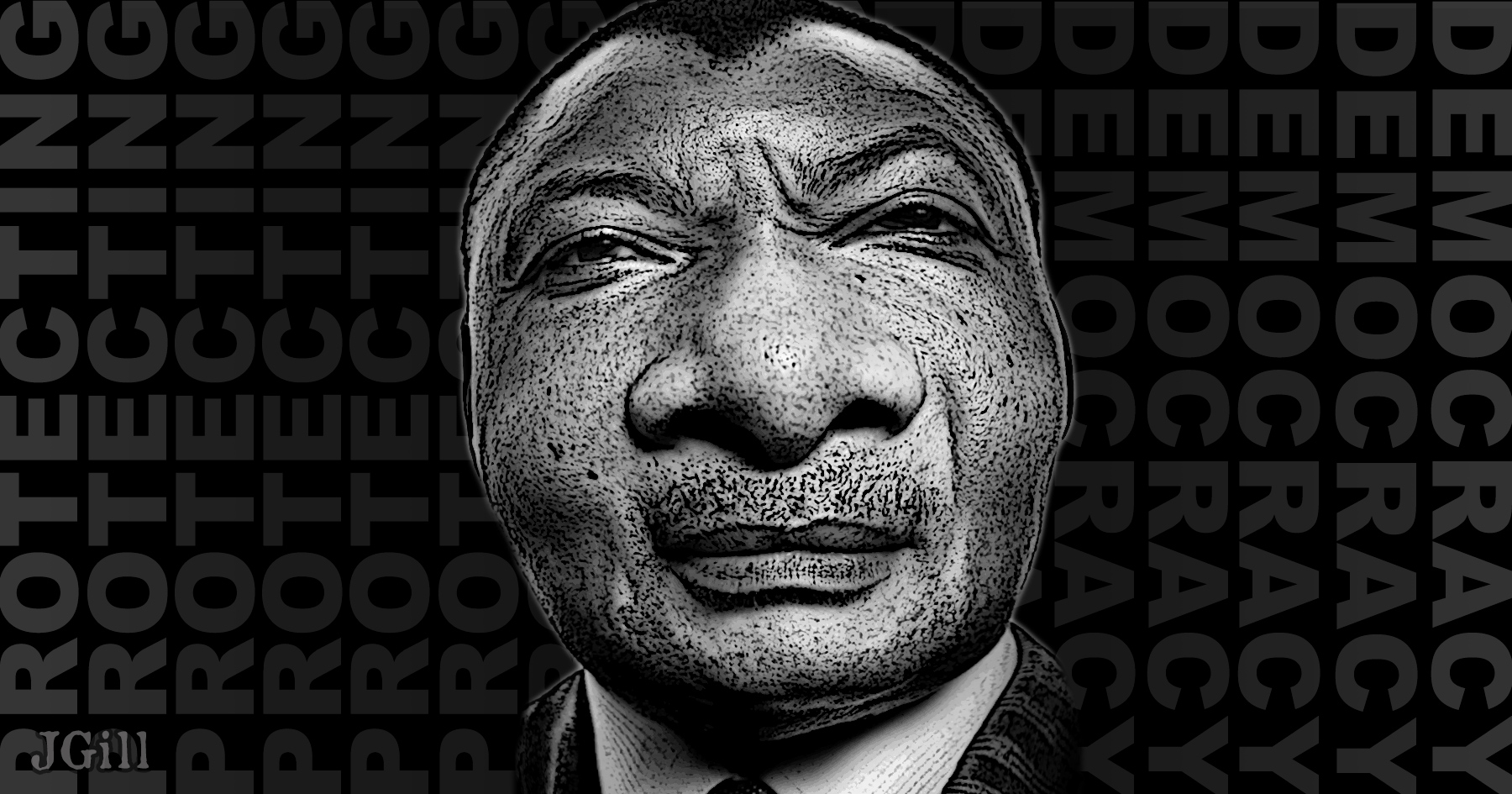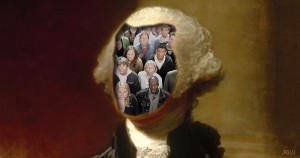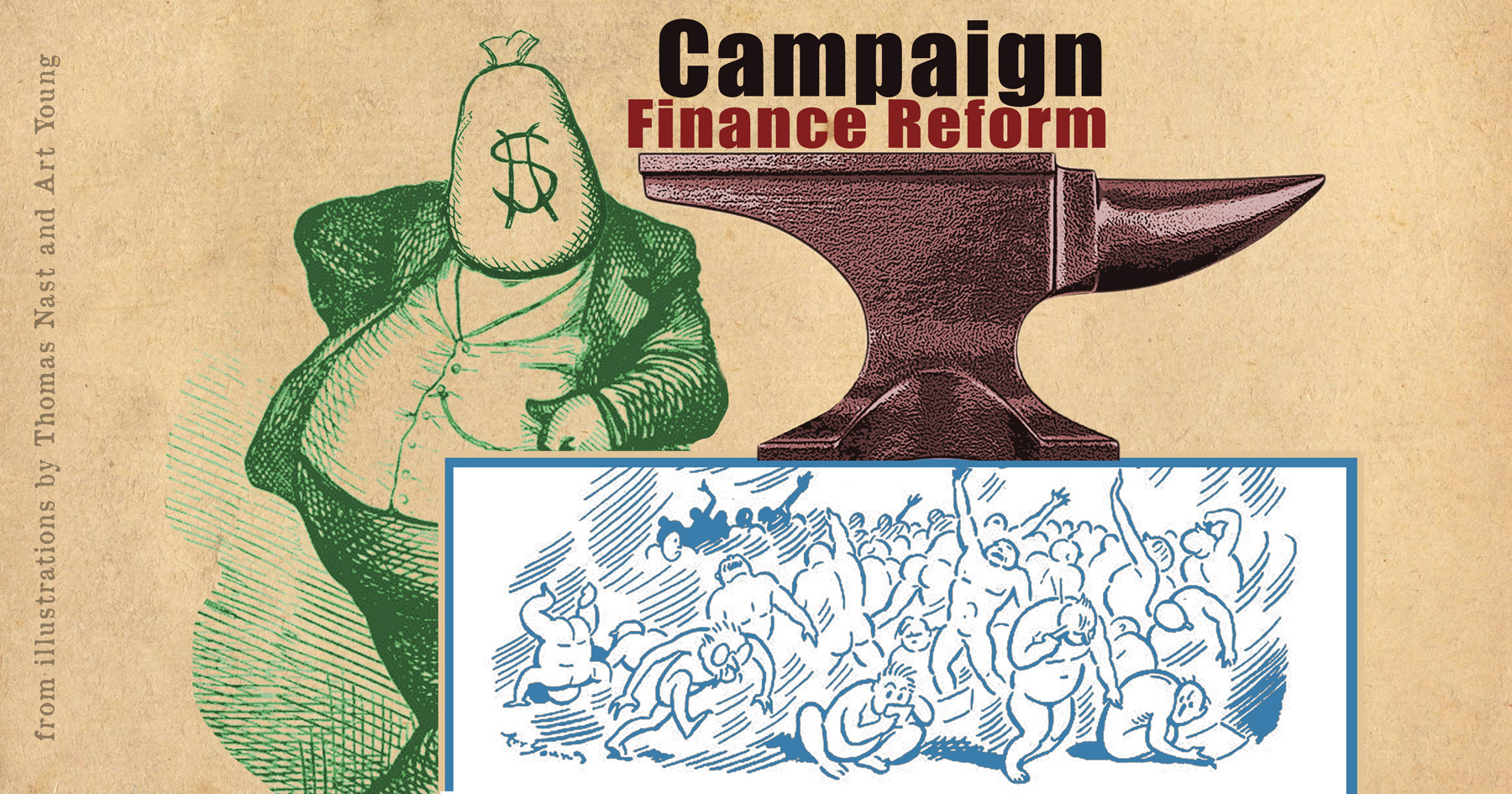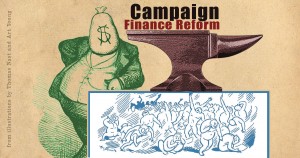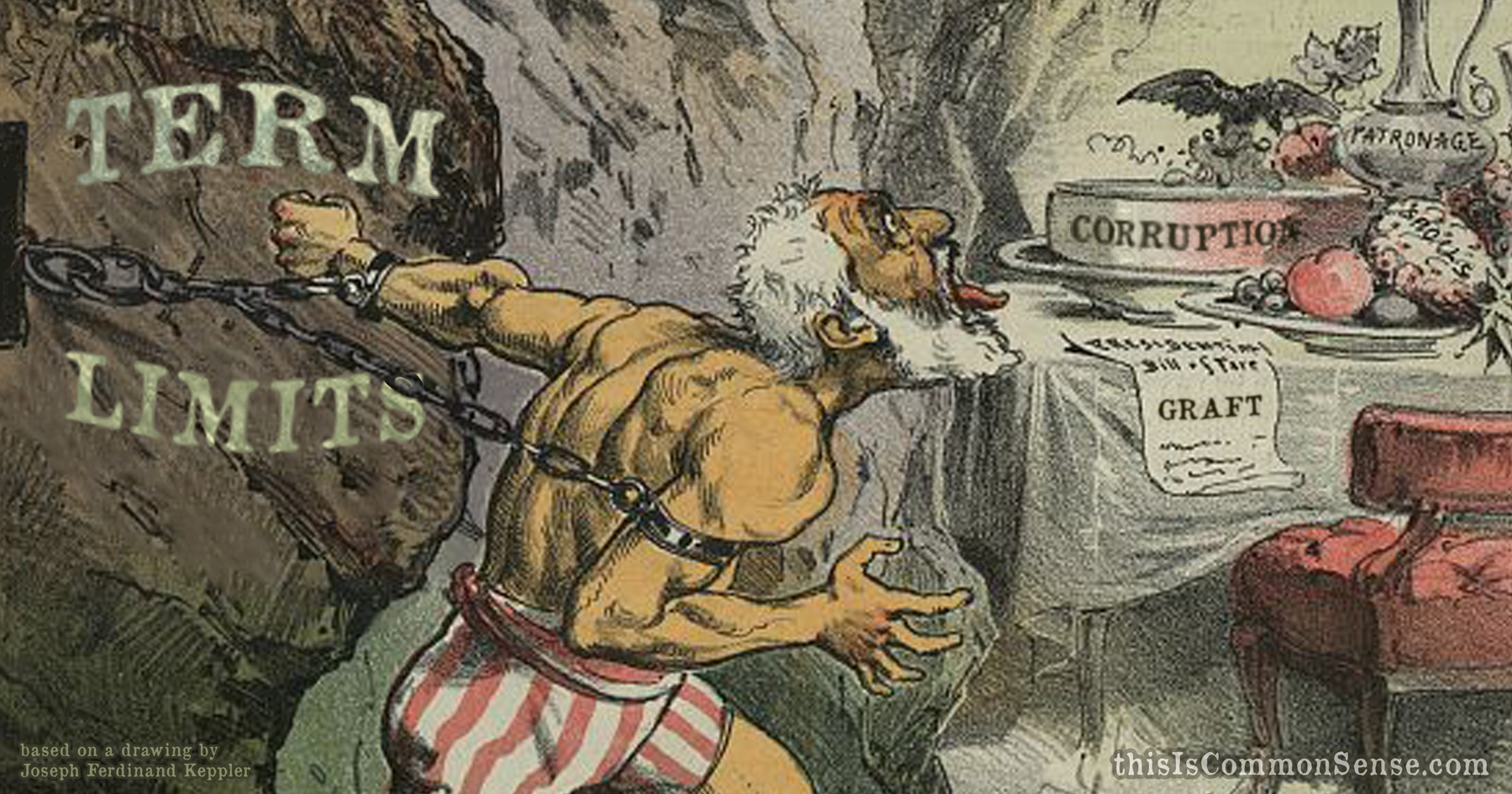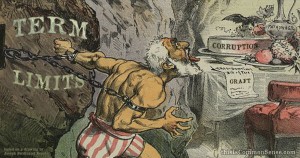Congo-Brazzaville’s president, Denis Sassou Nguesso, is quite the statesman.
He’s actually done what many an illustrious American pol with an obsession about “campaign finance” would merely like to do, but cannot (that darn First Amendment!): prohibited all talk about politics prior to the next election.
Indeed, the government has shut down the Internet and cellular SMS services, simply to prevent undue influence prior to the upcoming votes. Democracy requires a veil of ignorance, we’re told, and Nguesso’s taken that august philosophical scheme to its logical conclusion: no information running through the information superhighway of the modern age . . . at gunpoint.
And like many a long-term American insider, he’s balking at term limits, too. He has served his legally limited two terms. So he and his fellow statesmen put a referendum onto the upcoming ballot to overthrow them.
Just so he can serve longer.
Think of the sacrifice! He really must be looking out for his earnest and ardent supporters.
But he didn’t stop there. To fulfill his mandate, and continue in office, he has to entreat the people to overturn Congo’s mandated retirement age. At 71, he’s now too old to legally run, even if he were a first-termer.
Trifecta! — a pol so insistent at continuing his life of never-ending public service that he fights against ageism, term limits, and the corrupting influence of free speech!
I’m sure he has many, many secret sympathizers in our Congress, and in the legislatures of our several states.
This is Common Sense. I’m Paul Jacob.
